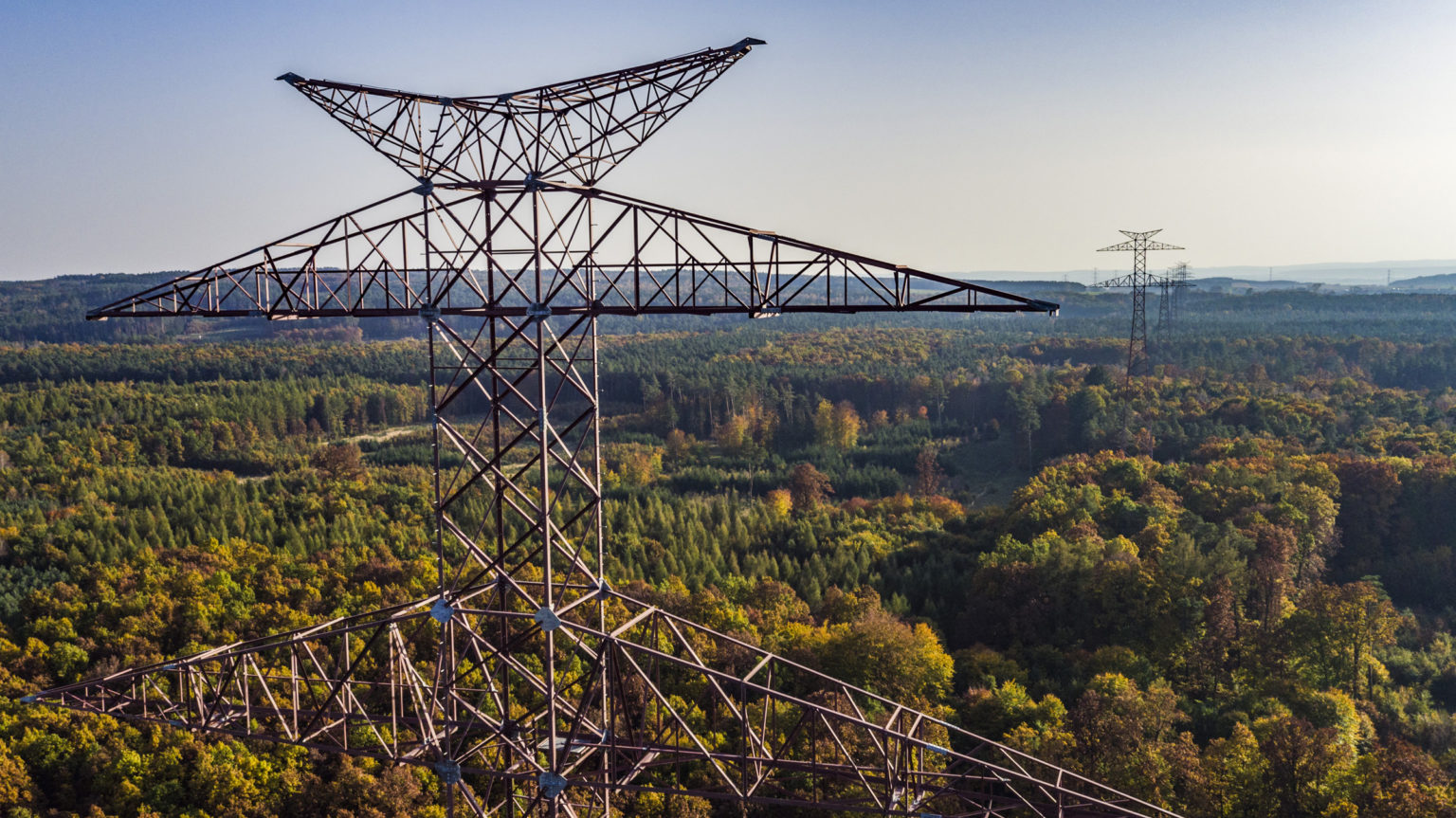Gaz-System and PSE will improve transmission infrastructure, which will accelerate the energy transition
The national operators of the natural gas and electricity transmission systems – Gaz-System and PSE – have signed an agreement that sets out how they will proceed if newly built transmission infrastructure owned by PSE and gas pipelines owned by Gaz-System are adjacent to each other or cross each other. The rules of cooperation agreed between the operators will allow for much more efficient implementation of investments by PSE.
„PSE is implementing the largest investment program in its history. In the next few years, it will build more than 5,000 km of 400 kV line and 27 stations. Such a scale of investment requires good coordination with the owners of other infrastructure, including gas pipelines. The signed agreement will facilitate the arrangements and, as a result, will improve the construction and operation of the transmission infrastructure necessary for the energy transition,” said Łukasz Strambowski, Deputy Director.
Gaz-System is a strategic company for the Polish economy. It is responsible for the transmission of natural gas, manages the most important gas pipelines in Poland and owns the President Lech Kaczyński LNG terminal in Świnoujście.
Gaz-System / Jacek Perzyński
From fries to aviation fuel, or how Orlen makes biofuel
Orlen Unipetrol, the Czech branch of Orlen, informs that at selected stations customers will be able to submit fried oils. Then the refinery in Litvinov, Czech Republic, will convert them into components for biofuels and petrochemical products.
To produce the fuel, the company uses hydrotreated vegetable oil technology. For example, we are talking about fuel for jet engines. As of 2025, the Orlen Group plans to start making low-carbon, sustainable aviation fuel based on, for example, oil used for French fries, which will reduce carbon emissions by up to 80 percent. In addition, in 2035, a hydrogenation plant for vegetable oils is to open in Płock.
Hydrogenated vegetable oil is a solution that is not only economical, but above all environmentally friendly. These techniques can reduce carbon emissions by up to 85 percent over the life cycle of the fuel compared to traditional jet fuel.
Twitter / Orlen Group / World Computer / Bartosz Siemieniuk









